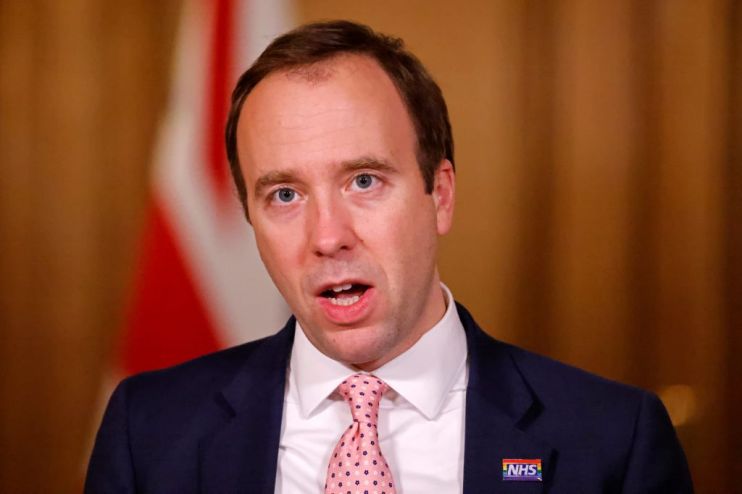Matt Hancock: South African coronavirus mutation ‘more of a problem’ than current strain

The new South African coronavirus mutation is the fastest-spreading Covid strain yet and will likely present a “very, very significant problem” for the UK, the health secretary has warned.
Speaking on the BBC’s Today programme, Hancock said he was “incredibly worried” about the South African variant. “That’s why we took the action that we did to restrict all flights from South Africa, and movement from South Africa, and to insist that anybody who’s been to South Africa self isolates,” he added.
Leading medical experts last month made pains to allay fears that a separate coronavirus mutation currently wreaking havoc across the country would present problems for the UK’s vaccination efforts.
Professor Chris Whitty, England’s chief medical officer, said there was “no current evidence to suggest” the B117 strain would hinder rollout of the Pfizer and Astrazeneca vaccines.
However, health officials have since suggested that available vaccines may be ineffective against the new South African variant.
Sir John Bell, regius professor of Medicine at the University of Oxford, said there was a “big question mark” over whether the variant may be resistant to the vaccine.
“The mutations associated with the South African form are really pretty substantial changes in the structure of the protein,” Bell told Times Radio yesterday.
“I think it’s unlikely that these mutations will turn off the effects of vaccines entirely — I think they’ll still have a residual effect,” he said, adding that it was “perfectly possible” to make new vaccines in a matter of weeks.
The South African variant, which has been identified in two locations in Britain, shares some similarities with the B117 strain, although they have evolved separately.
Speaking today, Hancock added: “This is a very, very significant problem. In fact I spoke to my South African opposite number over Christmas, and one of the reasons they know they’ve got a problem is because, like us, they have an excellent genomic scientific capability, to be able to study the details of the virus. And it is even more of a problem than the UK new variant.”
It comes as ministers face growing pressure to enforce tighter lockdown restrictions across the country as hospitalisations surge beyond numbers seen in the peak of the first wave.
Hancock this morning refused to rule out a third national lockdown for England, saying the government was “absolutely prepared to act as necessary.”
A further 54,990 people tested positive for coronavirus yesterday, marking the second-highest daily jump since the start of the pandemic. The average daily case rate is now 10 times higher than at any point during the first wave last year.
The Prime Minister yesterday urged extreme caution in virus hotspots around the country after an extra 14,212 positive tests were reported in London in the past 24 hours.
Hospitals in London are understood to be preparing to transfer patients to the southwest of England as the NHS braces for an overspill of critically-ill patients.
The Nightingale Hospital at London’s Excel Centre is also expected to reopen within a fortnight.